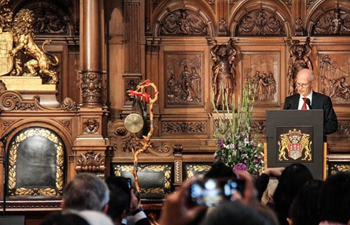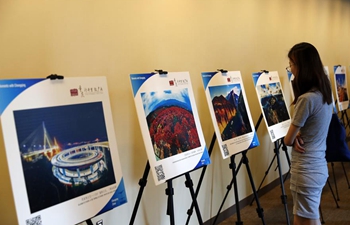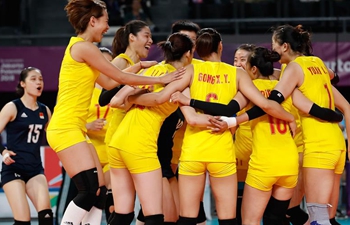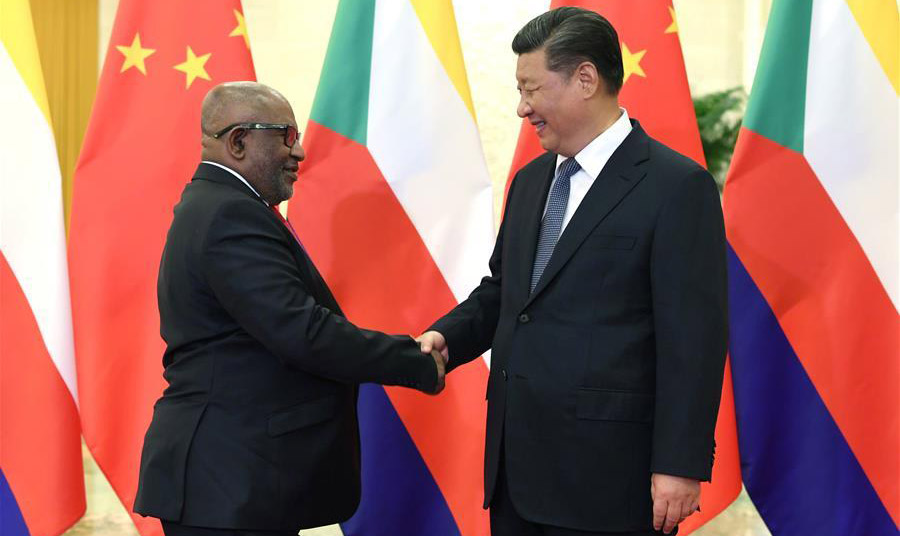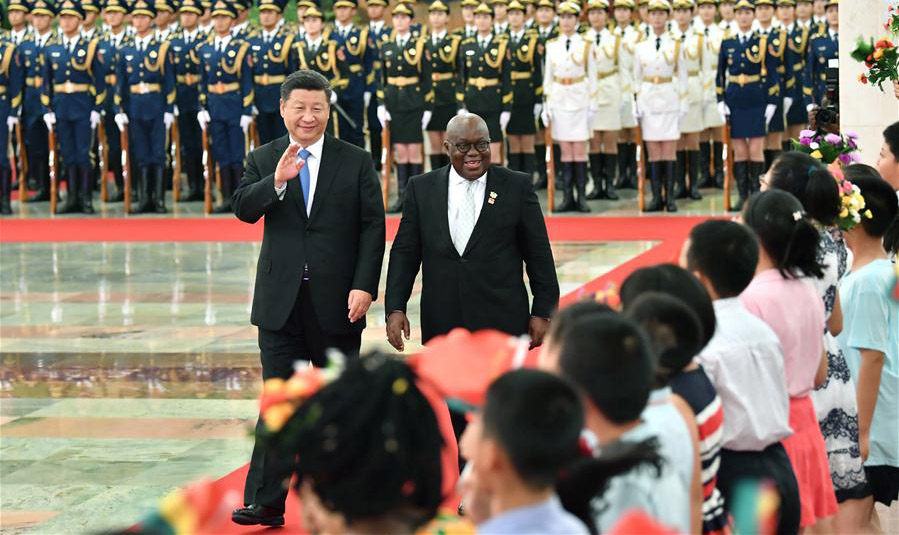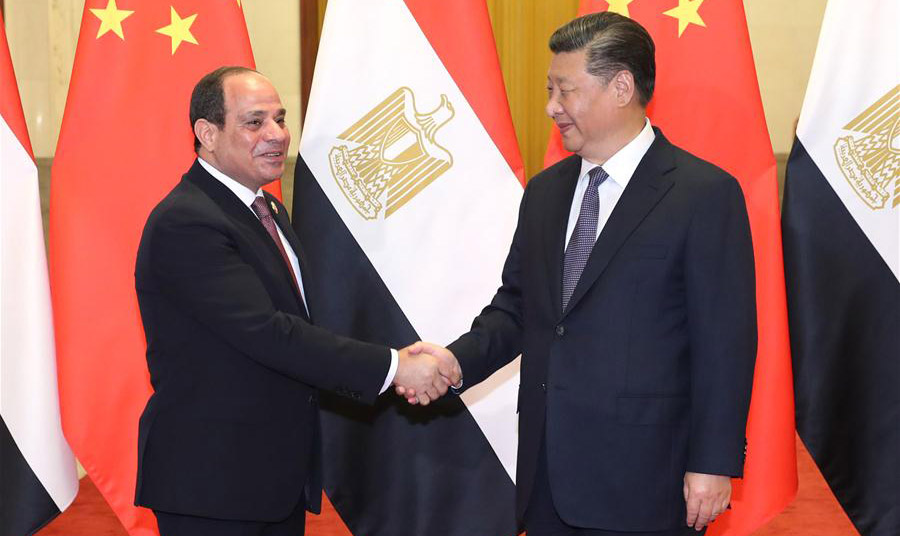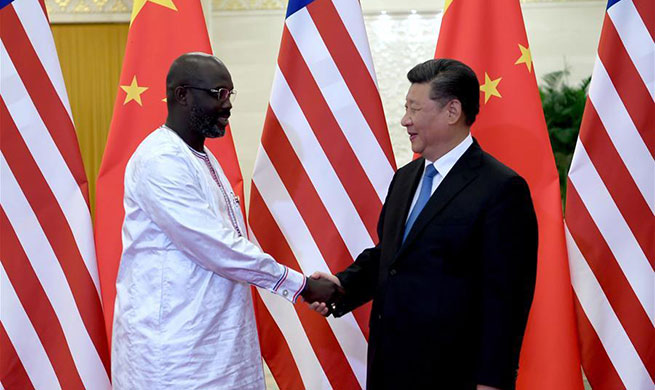BAGHDAD, Sept. 1 (Xinhua) -- Iraq's Shiite cleric Moqtada al-Sadr Saturday confirmed that his Sairoon Coalition will not return to square one.
On his Twitter account, Sadr said "no return to square one, as no return to quota system, sectarianism, ethnicity and corruption."
Sadr said that he will resort to political opposition in the parliament if the next government would be formed on bases of former principles of quota system that harmed Iraq in the previous stages of the political process.
"The government must be formed on condition of serving Iraqis," Sadr said. "It must be a government with Iraqi decision that serves the people through ministries led by independent technocrats."
Sadr's comment came as the Iraqi political blocs are in negotiations to form the largest alliance before the first session of the new parliament.
The negotiations have intensified since the Federal Supreme Court ratified the final results of May 12 parliamentary elections on Aug. 19, marking the first step toward forming the new Iraqi government.
The court approval confirmed the preliminary results of the parliamentary elections which showed the Sairoon Coalition, backed by Sadr, won 54 seats in the 329-seat parliament as the front runner.
The ratification widely opened the door for Iraqi politicians to form the next government and would give a push for the tough negotiations by the political blocs to form the largest alliance before the first session of the new parliament.
According to the Iraqi constitution, the ratification of the results entails the outgoing President Masoum to call on the new parliament to hold its first session under the chairmanship of the eldest parliament member within 15 days from the court's ratification, to elect a president of parliament and then the president of the country, who will ask the largest alliance to form a government within 30 days.
On May 12, millions of Iraqis went to 8,959 polling centers across the country to vote for their parliamentary representatives in the first general election since Iraq's historic victory over the Islamic State militant group in December 2017.





